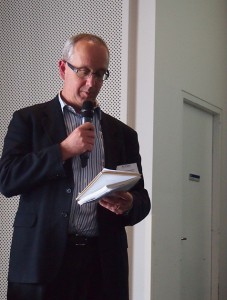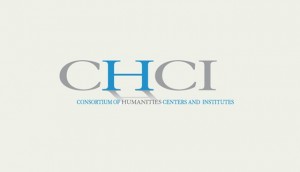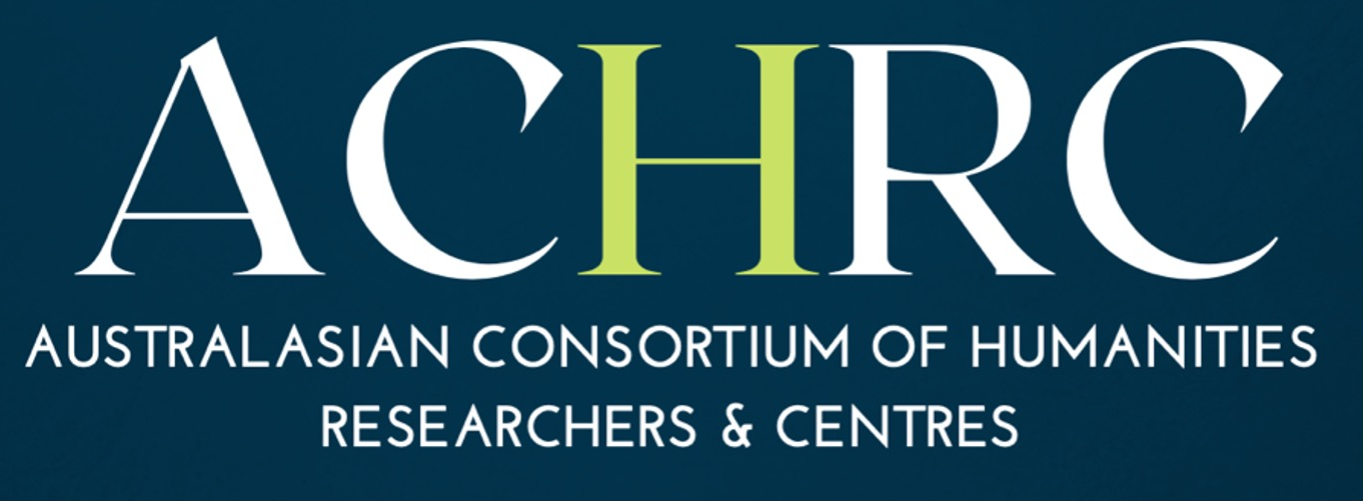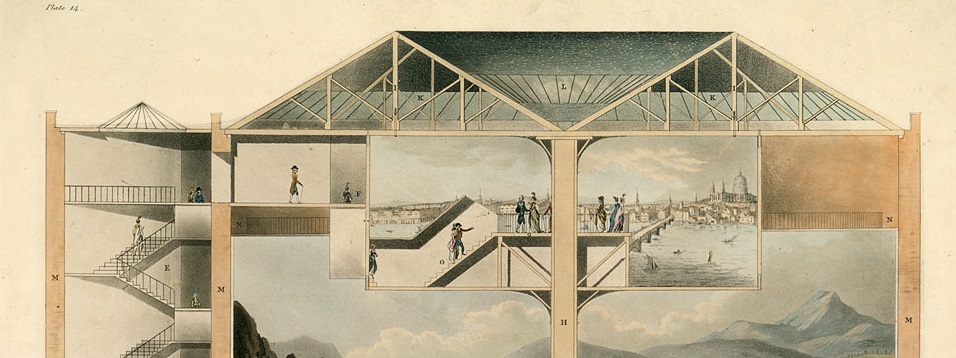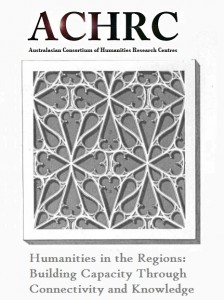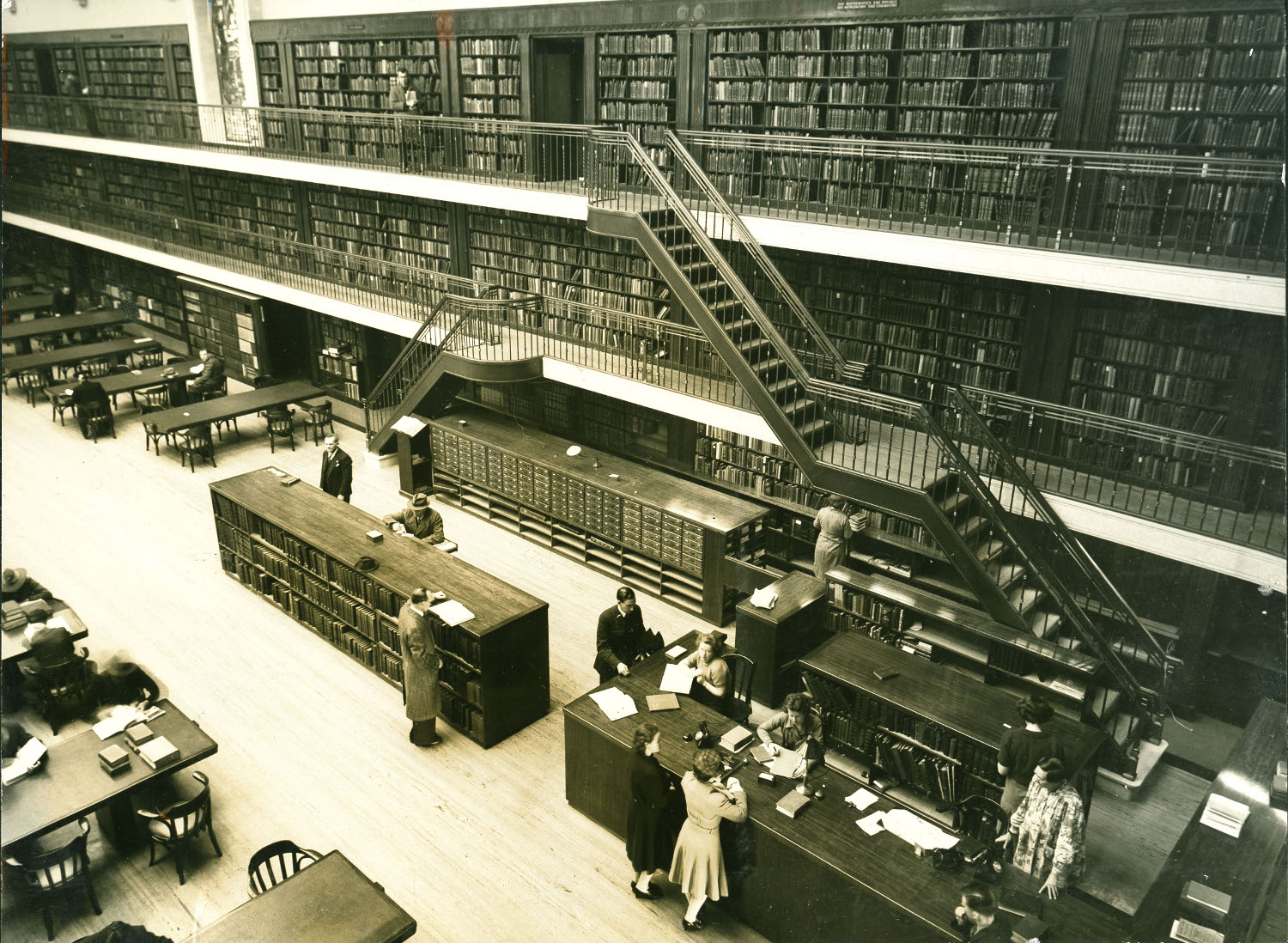The 2014 ACHRC Annual Meeting was held on 13-14 October at The University of Melbourne, hosted by Professor Kate Darian-Smith with the theme “Alliances and Impacts: Sustaining Humanities Research in the 21st Century”
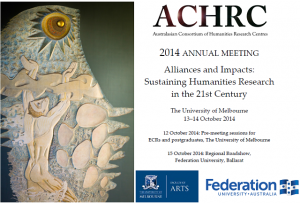
The Annual Meeting of the Australasian Consortium of Humanities Research Centres took place in mid-October in Melbourne.
The two-day meeting with optional pre-meetings immediately prior gathered representatives from all states and territories bar the Northern Territory, plus New Zealand and Kong representatives.
A range of institutions were represented as well as other peak bodies including the Australian Research Council, the Australian Academy of the Humanities, Australian Institute for Aboriginal and Torres Strait Islander Studies (AIATSIS), The Australasian Council of Deans of Arts, Social Sciences and Humanities (DASSH), Council for the Humanities, Arts and Social Sciences (CHASS).
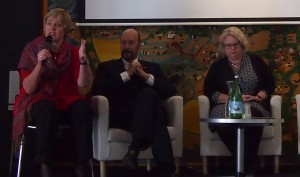
The very impressive program put together in collaboration with Kate Darian-Smith and the ACHRC Advisory Board saw keynote speaker JD Hill, Head of Research at the British Museum, deliver a presentation on “The Impact of Impact on the Humanities and the Wider Cultural Sector: a View from the UK”. JD Hill’s presence at the ACHRC annual meeting was enabled by the University of Western Australia’s Institute of Advanced Studies where he is a 2014 Professor-at-Large under their visiting fellow program. This keynote looked at the positive aspects of a move towards measuring impact, especially through case study analysis, which has driven collaboration and interdisciplinarity across sectors and opened new possibilities for drawing on research and expertise outside of one institution’s capacity to provide. And it acknowledged the negative aspects where frequently cultural organisations can be used as impact providers.
A session on Research Alliances: International Networks saw Susannah Radstone, Dean of Research at the University of South Australia, Glenda Sluga, from the University of Sydney, Jenny Lewis, The University of Melbourne and Simon Haines, Chinese University of Hong Kong, discuss practical strategies employed nationally and internationally to promote international research collaborations.
A session on Strategic Research Teams saw Imedla Whelehan from the University of Tasmania discuss her institution’s C-Domain project – where the C is Culture. The project was designed to build ECR and HDR, and reluctant researchers, capacity in collaborative research. Carolyn Stephens from Monash discussed her Sonic Japan Digital Repository. David Lowe form the Alfred Deakin Institute at Deakin University discussed a number of projects that develop partnerships, attract postdocs, and build capacity.
A session on Humanities Research: Future Directions saw Christina Parolin and Kylie Brass form the Australian Academy of the Humanities discuss their Mapping the Humanities and Social Sciences project, due for launch on 28 October. Robert Phiddian discussed the sustainability of humanities research centres project and sought input from the floor.
At the close of the first day of the meeting, J.D. Hill gave a public lecture about the History of the World in 100 objects phenomenon.
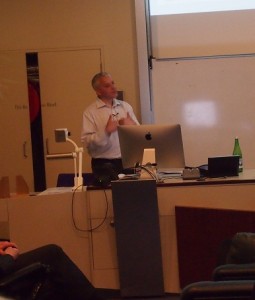
On day two Dr Jakelin Troy gave a keynote on “The new age of Indigenous research: AIATSIS after 50 years and the National Indigenous Research and Knowledges Network.”
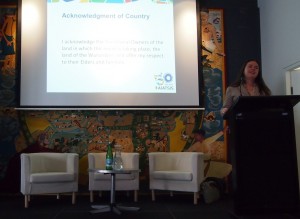
A session on Humanities Research Models and Practices of Collaboration saw several projects posed comparatively. Heather Gaunt from the Ian Potter Museum discussed work teaching arts to health discipline students. Shaun McVeigh of the Institute for International Law and the Humanities at the University of Melbourne discussed the space between law and humanities in the area of jurisprudence. Lachlan MacDowell from the Centre for Cultural Partnerships at the University of Melbourne discussed their many community-based arts projects. Julie McLeod from the Melbourne Social Equity Institute, University of Melbourne, discussed a virtual research network set up to foster interdisciplinary research and ECRs.
A session on Funding New Alliances combined the expertise of Denise Meredyth from the ARC, Steven Schwartz from CHASS and Gerard Vaughan, Australian Institute of Art History, University of Melbourne. Denise talked about changes at the ARC that make funding requests more Hums friendly, including extending the kinds of organizations that aren’t asked to make a cash contribution and changing the fractional requirements for Chief Investigators on Discovery Projects. Steven Schwartz discussed the opportunities provided by crowdfunding for Humanities projects. Gerard Vaughan talked about Philanthropic organisations and making approaches to endowed organizations and individuals.
A session on Partnerships saw Robin Hirst from Museums Victoria, Peter Rose from the Australian Book Review and Louise Box from Partnerships 21 discuss ways that universities can work with organisations in new and creative ways. Hirst discussed the role of collecting organisations in partnering with universities on Linkage Projects and what criteria they use to determine their involvement. Peter Rose talked about the role of the Review in developing scholarly research for public readerships. Louise Box discussed the role for an organisation like Humanities 21 in brokering collaborations between humanities researchers and the business sector.
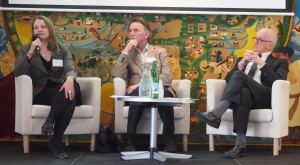
The ACHRC’s AGM saw new members added to the Advisory Committee and the decision to take up the offer from Associate Professor Kerry Taylor to host the 2015 event in New Zealand.
